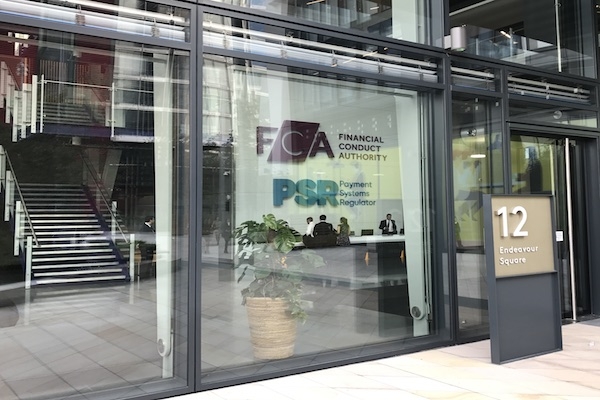The FCA has set out plans to ban advisers from contingent charging based on a positive recommendation to transfer out of a defined benefit scheme.
The decision came after responses to concerns over inherent conflicts of interest created by the structure
Christopher Woolard, Executive Director of Strategy and Competition at the FCA said: “The FCA’s supervisory work has revealed continued problems in the pensions transfer advice market.
“By making changes to the way advisers are paid for transfer advice and the other changes to transfer advice we are proposing today, we want to ensure people receive suitable advice and drive down the number giving up valuable defined benefit pensions when it is not in their interests to do so.”
As well as addressing contingent charging, the FCA is consulting on other measures to change how advisers manage and deliver pension transfer advice.
These include introducing abridged advice so that firms can deliver low cost advice to customers who should not transfer, improving how charges are disclosed and setting out how advisers should demonstrate customers’ understanding of the advice.
Reacting to the plans Tom Selby, senior analyst at AJ Bell, said: “More than four years after the pension freedoms were introduced and under mounting political pressure, the FCA has finally decided enough is enough on contingent charging for defined benefit pension transfers.
“It has been clear for some time that the regulator is uncomfortable with both the volume of transfer activity and the quality of the advice being given in certain circumstances.
“The argument over contingent charging has always been a balancing act, with the FCA weighing up the dangers posed by the inherent conflict of interest created by the charging method with the potential impact a ban could have on people’s ability to access good quality advice.
“In particular, by banning contingent charging the regulator will make it more difficult for those with large pensions but on lower incomes to pay for advice.
“There remain perfectly legitimate reasons for a member to wish to transfer from a DB to a DC scheme, and it is positive the FCA has looked to address those who are particularly vulnerable through a carve-out from the transfer ban.
“The extent to which this carve-out will actually be utilised will likely depend in part on how onerous the process is.
“Ironically, the FCA’s most significant intervention in the DB transfer advice market comes as the number of people transferring out begins to fall.”
Steve Webb, director of policy at Royal London, said: “It is vital that the consumer comes first when it comes to the rules around DB transfers.
“Some of the FCA’s proposed changes will help to reduce the risk of consumers transferring into poor value destinations for decades after a transfer and are to be welcomed.
“Benchmarking against transferring into a workplace pension scheme will provide a useful safeguard.
“The ability of advisers to offer simpler ‘abridged’ advice will also help to reduce costs to consumers.
“But if contingent charging is to be banned, the FCA and the Government need to find new ways of making transfer advice affordable and available.
“If the FCA does not have the power to enable people to claim advice costs out of their DB pension rights then the Government needs to legislate to make this a right.
“Consumers should also have a right to a partial DB transfer to reduce the all-or-nothing nature of too many transfers.
“Until now, FCA actions have reduced the supply of DB transfer advice and raised the cost, driving some high quality advisers with unblemished records out of the market altogether.
“This has to change.”
The FCA consultation will run until 30 October 2019.

